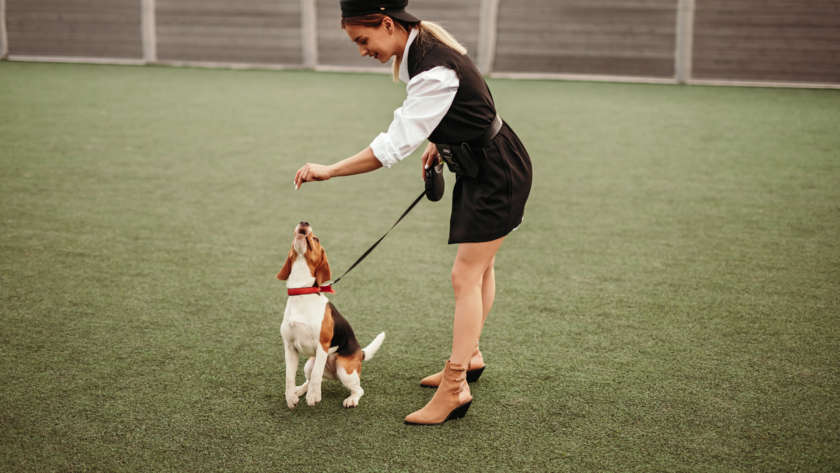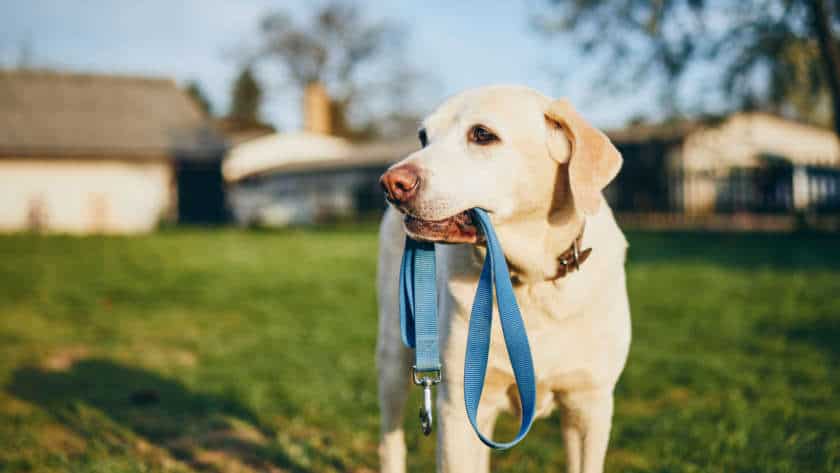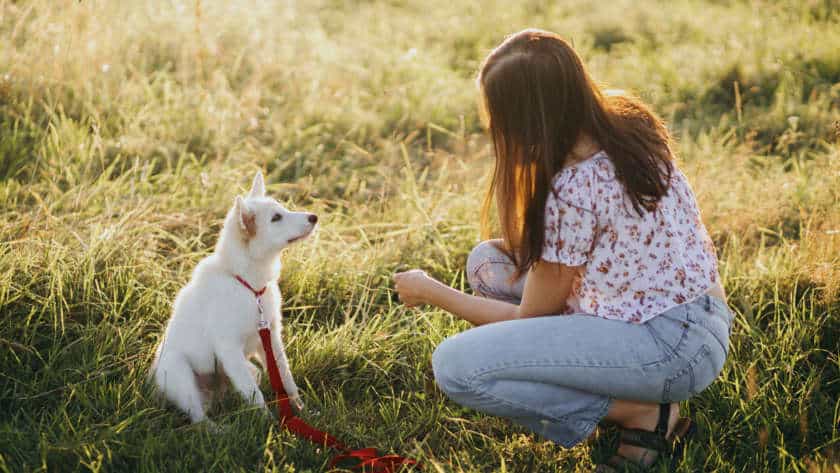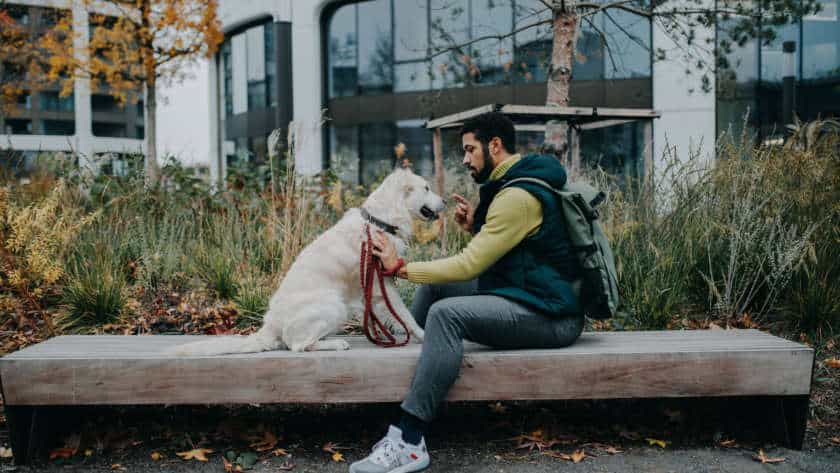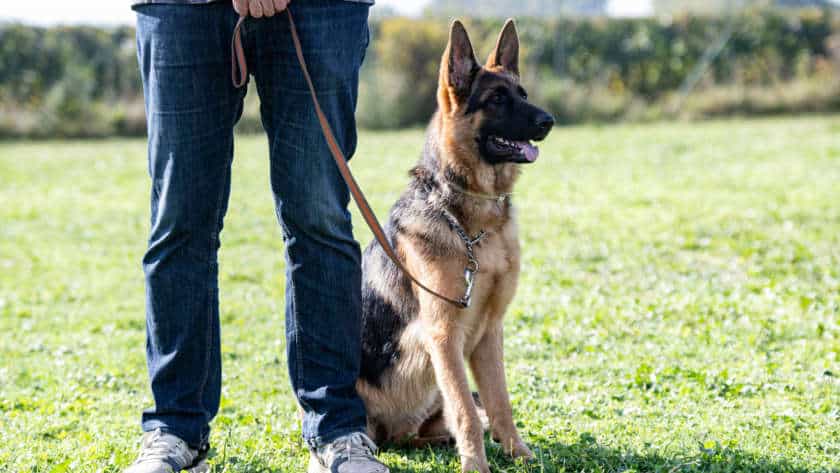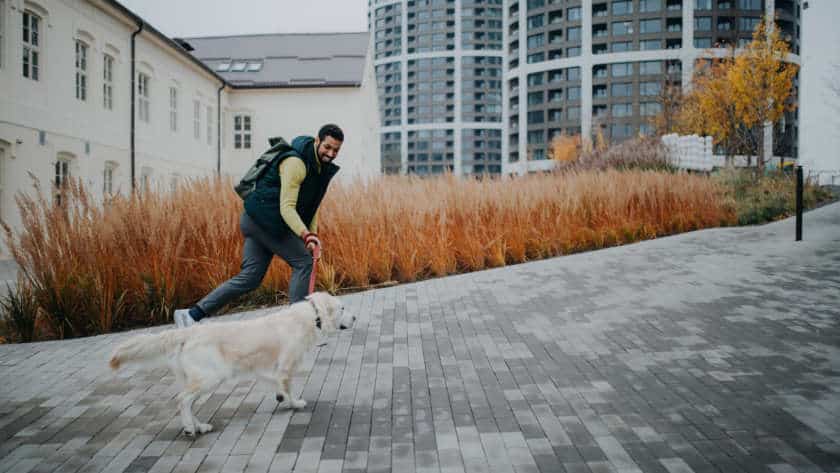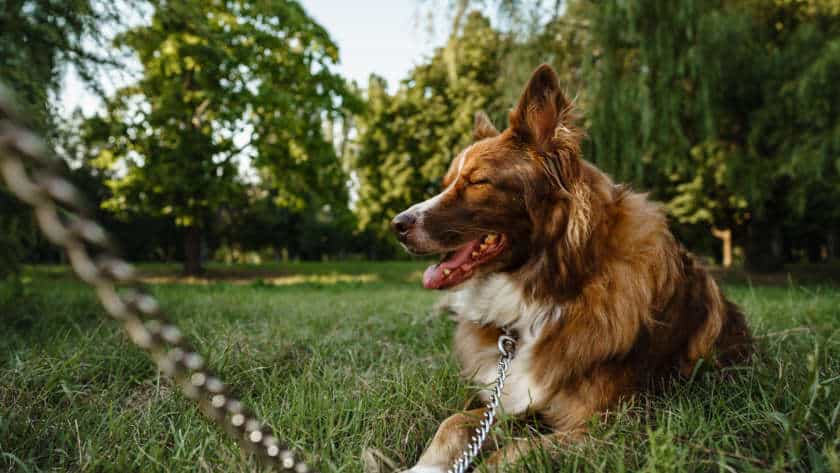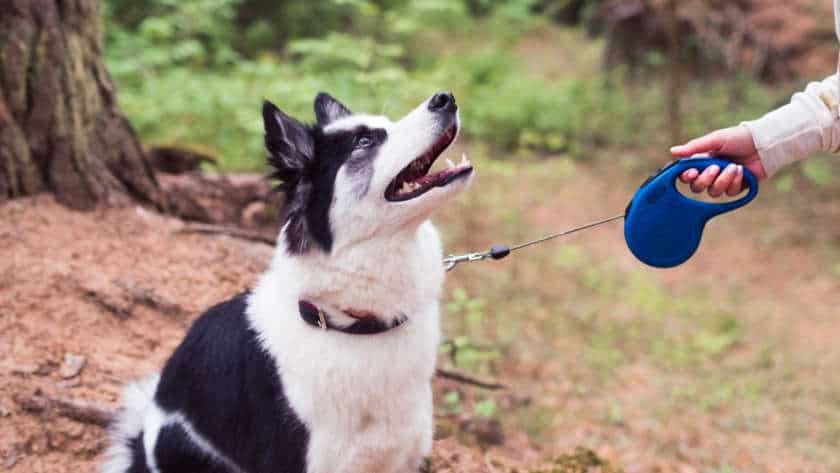The Role of Management in Reducing Leash Reactivity Management is a must to lessen leash reactivity in dogs. Through environmental control, owners can reduce undesired behaviors on walks. Here's how management helps:
Exercise and mentally stimulate your dog prior to a walk.
Select routes that avoid triggers.
Use a front-clip harness to manage leash-pulling.
Avoid…
